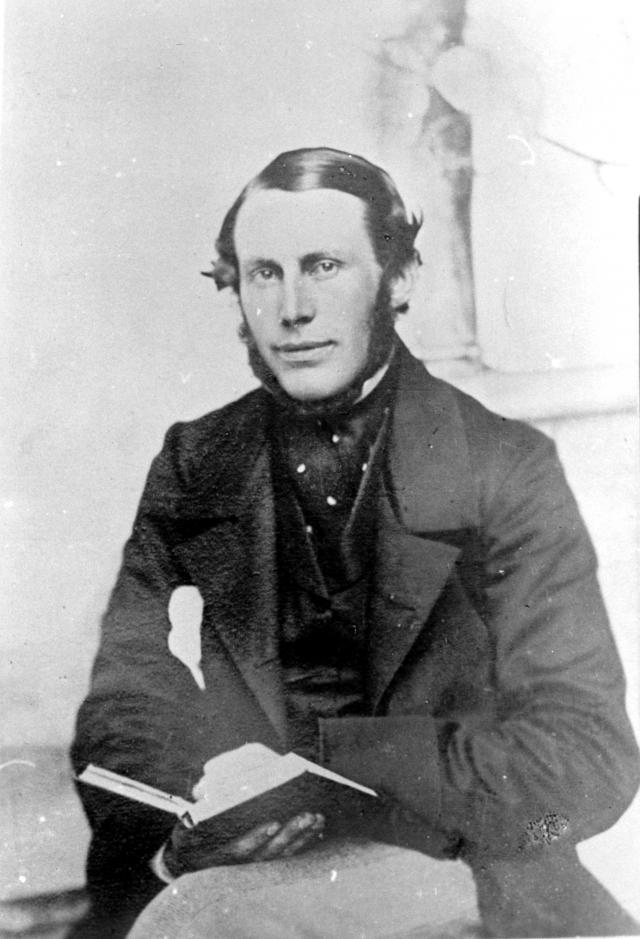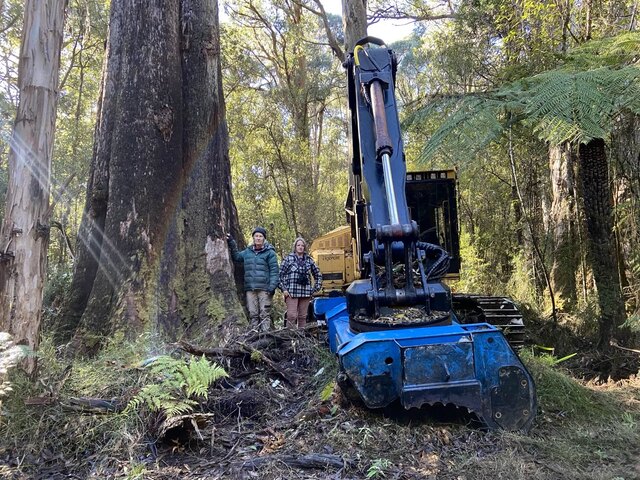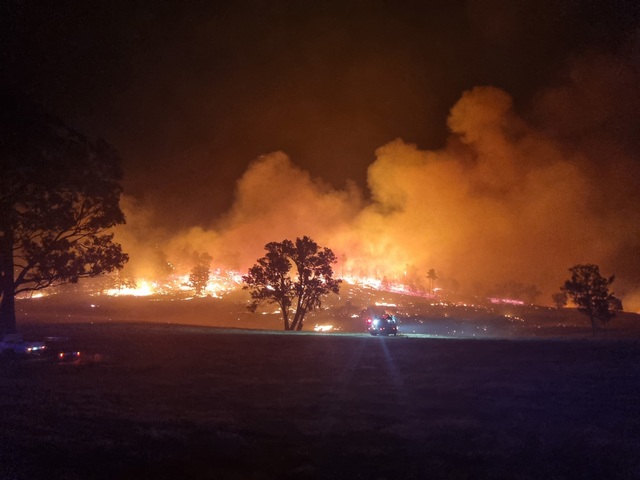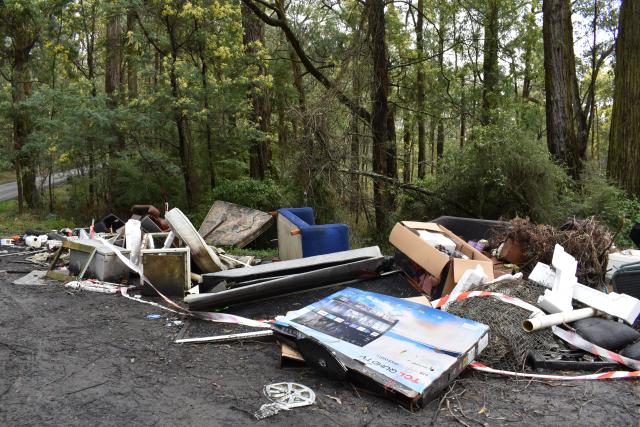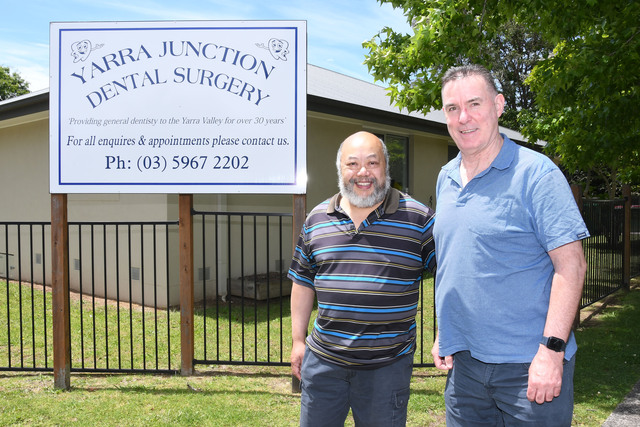John Hardy – An Early Victorian Surveyor
Surveyor John Hardy had a fascinating if difficult life and provides us with a link between early Lilydale and the notorious Ned Kelly.
Our librarian Kristyn Jackson was adding a copy of The Victorian Historical Magazine Vol XX June 1943 No.1. to our 500 plus library and started reading an article written by John Hardy’s son, also John, about the on-going controversy on the naming of Lilydale and Hardy’s links to the Kelly Gang.
The Naming of Lillydale.
Because of the controversy which still exists concerning the circumstances in which Lillydale was named, John Hardy related to his family the story of the naming of Lilydale. Initially the township was named “Running Creek” and there being many rivers and creeks with the same name they renamed the creek Olinda Creek. John Hardy and Mrs Hodgkinson, who was visiting ‘Yering’ homestead, the home of Mr. Paul de Castella at the time, discussed options to name that part of the valley near ‘Olinda Creek’. John Hardy’s ‘chainman’ W. Hutchinson had been singing some popular songs of which one was called ‘Lilly Dale’. As the song suggested there were lilies growing in the pools of the creek and they thought Lilly Dale was an appropriate name and so the name was adopted.
There has been controversy regarding the naming of the township which arose. According to local author Rolf Boldrewood, Paul Castella was holding a fete champetre in honour of his bride Lily and announced Lillydale had been named as a compliment to her.
The official name of the township was proclaimed in the Government Gazette (1861 page 405) based on John Hardy’s original plan of survey dated 1860 and numbered L-60 in the Lands Department.
Kelly Gang Days (1878-1880)
In 1878 John Hardy was appointed Land Officer for the Alexandra and Mansfield district, a position he retained until he retired. Hardy’s duties were to hold monthly Land Board meetings at both Alexandra and Mansfield to hear evidence from those wanting to be land owners.
The Kelly Gang had many sympathisers in the district, and it was the government’s policy to prevent them becoming a greater source of trouble than they already were.
The Police Department required Hardy to submit the list of applicants wanting land and if the list was returned with an asterisk beside a name that applicant was to be disqualified from receiving land.
These disqualifications became known and the Land Officer was warned through anonymous letters that his policy would lead to trouble. Hardy did not seek police protection, but instead of travelling the usual route via The Gap, he used another track across the Puzzle Ranges to avoid the Kelly Gang.
‘I well remember my father’s setting out on his journeys. On such occasions his homecoming was awaited with anxiety, until years after the Gang had been disposed of – in 1880,’ John Hardy wrote.

